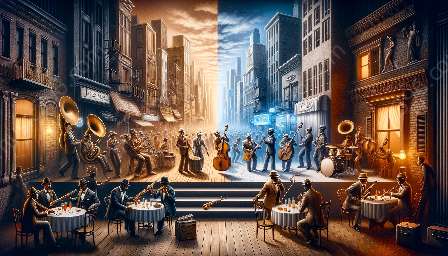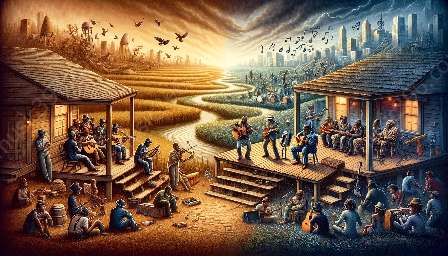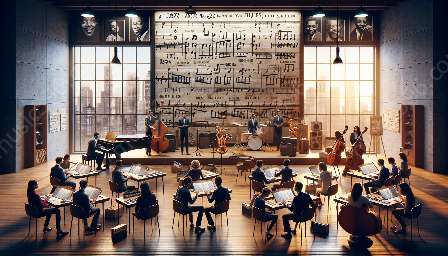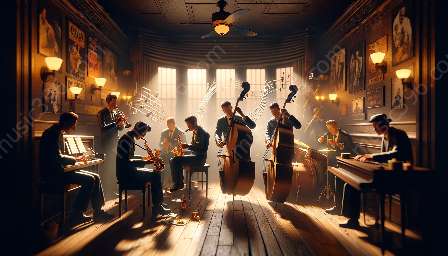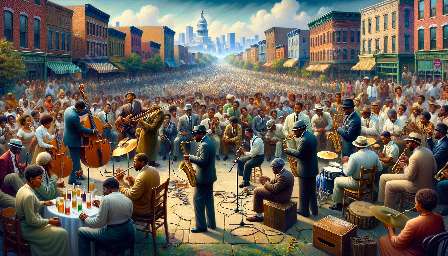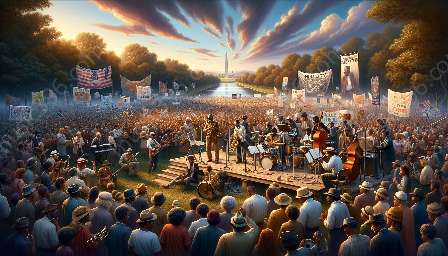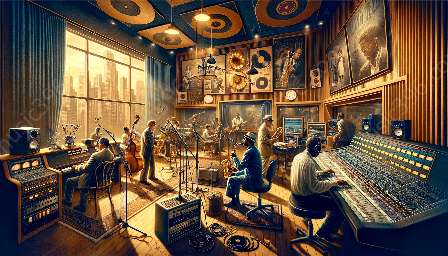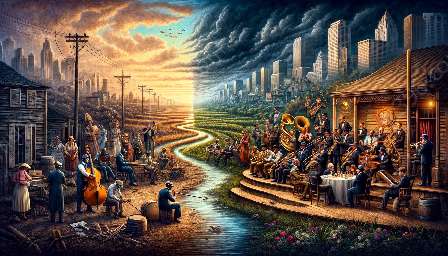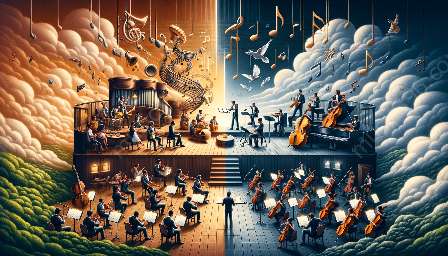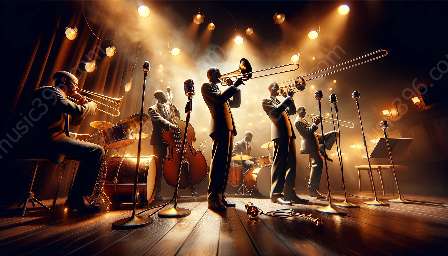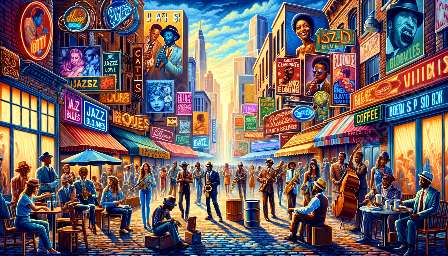From its roots in the deep South to its eminent status on the global music scene, jazz music's influence has permeated and shaped a diverse array of genres throughout history. This influence is reciprocal, as other genres have also impacted and been influenced by jazz.
The Influence of Jazz on Other Genres
Jazz music, with its improvisational nature, complex harmonies, syncopated rhythms, and emphasis on individual expression, has left an indelible mark on numerous musical genres. One of the most notable areas of crossover has been in the domain of popular music. The impact of jazz on other genres is revealed in various ways:
- Rock and Roll: Jazz's fusion with the blues in the early 20th century contributed to the development of rock and roll. Its syncopated rhythms and improvisational flair have been embraced by rock musicians, and many iconic rock artists have drawn inspiration from jazz.
- Funk and Soul: Jazz's influence on funk and soul music is evident in the use of complex rhythms and a strong emphasis on instrumental virtuosity. Artists like James Brown and Sly and the Family Stone incorporated jazz elements into their music, shaping the evolution of these genres.
- Hip-Hop and Rap: The improvisational spirit of jazz has also influenced the development of hip-hop and rap, which often sample jazz records and incorporate live jazz instruments into their tracks. Jazz's influence can be heard in the rhythmic complexity and lyrical flow of these genres.
- Electronic Music: Jazz's experimentation with sound and technology has influenced the development of electronic music, particularly in the realms of jazz fusion and avant-garde jazz. This has paved the way for electronic artists to incorporate jazz elements into their sonic landscapes.
The Reciprocal Relationship
While jazz has had a profound impact on other genres, it has also been shaped by various musical influences. The reciprocal relationship between jazz, blues, and other genres is a testament to the interconnectedness of musical expression:
- Blues: Jazz and blues share a deeply intertwined history, with the blues influencing the emergence of jazz in the late 19th and early 20th centuries. The expressive, emotive qualities of the blues have seeped into jazz, informing its phrasing, vocalizations, and emotional depth.
- World Music: Jazz's global reach has led to collaborations with musicians from diverse cultural backgrounds. This fusion has given rise to genres such as Afro-Cuban jazz, Latin jazz, and world fusion, showcasing the reciprocal exchange of musical ideas.
- Classical Music: Jazz has influenced contemporary classical music, with composers incorporating jazz elements into their compositions. This cross-pollination has resulted in unique hybrids and new directions in classical music.
- Pop and R&B: Jazz has also been influenced by popular music, with elements of pop and R&B finding their way into jazz compositions and arrangements. This reciprocal relationship has expanded the sonic palette of jazz and popular music alike.
Celebrating Jazz's Far-Reaching Influence
As we delve into the impact of jazz on other genres and its reciprocal relationship with various musical traditions, it becomes clear that jazz music's influence knows no boundaries. From its early origins in the Mississippi Delta to its modern-day manifestations, jazz continues to shape and be shaped by the ever-evolving landscape of musical expression.

